North Rock Solar Project Awarded Envision Platinum for Sustainable Infrastructure
19-March-2024
 The North Rock Solar Project has been awarded Envision Platinum for sustainable infrastructure. An estimated 50-megawatt (MW) solar energy generation project located on 426 acres in Rock County, Wisconsin, this outstanding Alliant Energy – Burns & McDonnell project earned high levels of achievements across all five of Envision’s sustainability categories.
The North Rock Solar Project has been awarded Envision Platinum for sustainable infrastructure. An estimated 50-megawatt (MW) solar energy generation project located on 426 acres in Rock County, Wisconsin, this outstanding Alliant Energy – Burns & McDonnell project earned high levels of achievements across all five of Envision’s sustainability categories.
The project exemplifies the use of clean energy technologies to offset energy generation by fossil fuels, contributes toward improved ambient air quality, increases the quality of surrounding ecologically sensitive areas and demonstrates high levels of leadership and collaboration for sustainability.
North Rock consists of a 50 megawatt (MW) solar array, substation, and an approximately 1.5 mile-long gen-tie line on approximately 426 acres. It will generate enough clean, low-cost energy to power around 13,000 homes annually and serve as a significant source of new local tax revenue for the Town of Fulton and Rock County in Wisconsin. The project, supported by EPC contractor Burns & McDonnell, is part of a portfolio of Alliant Energy solar projects in Wisconsin that will move the state closer to realizing its clean energy goals. Previously, Bear Creek Solar and Wood County Solar earned Platinum Awards.
Quote:
“Congratulations to infrastructure owner, Alliant Energy, and the entire North Rock Solar Project team on this Envision award. This is a terrific project that makes strong contributions to environmental sustainability, develops a valuable new source of clean and renewable energy, and adds significant community quality of life benefits.”
— Kristi Wamstad, ISI’s Verification Director
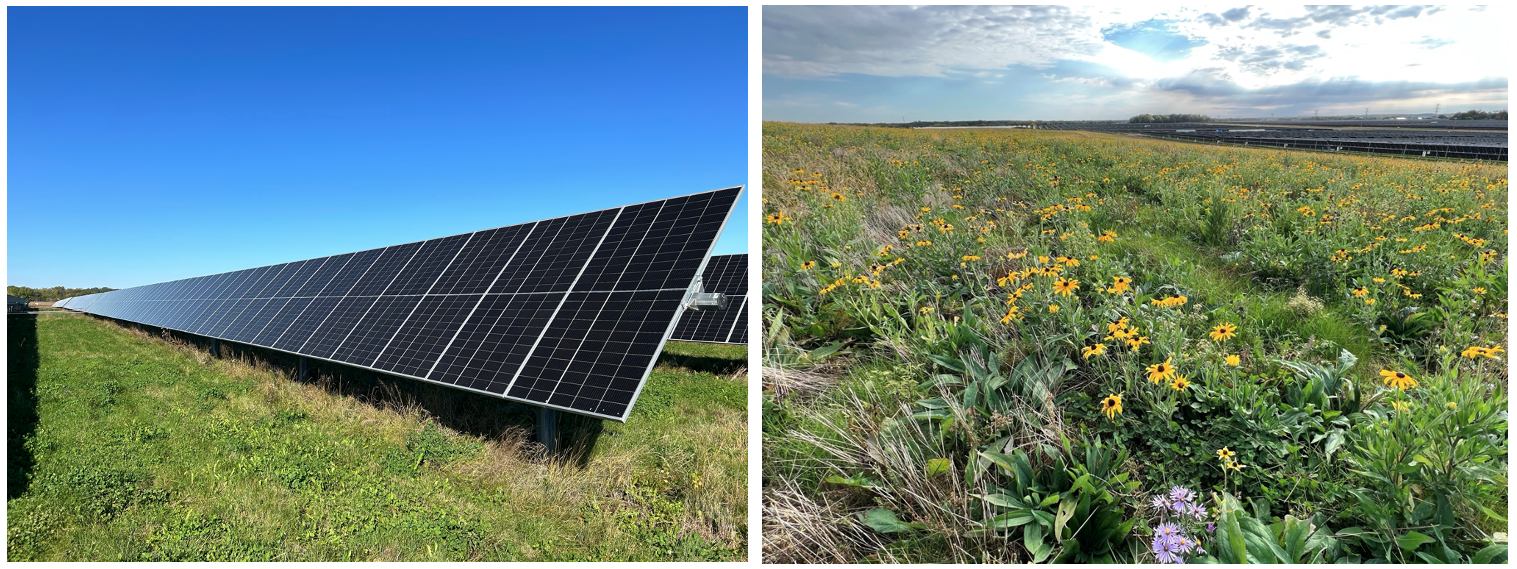

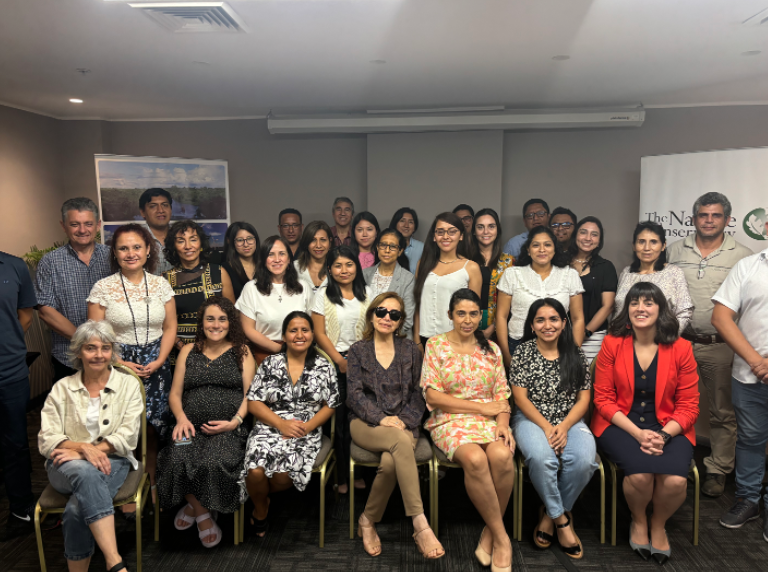
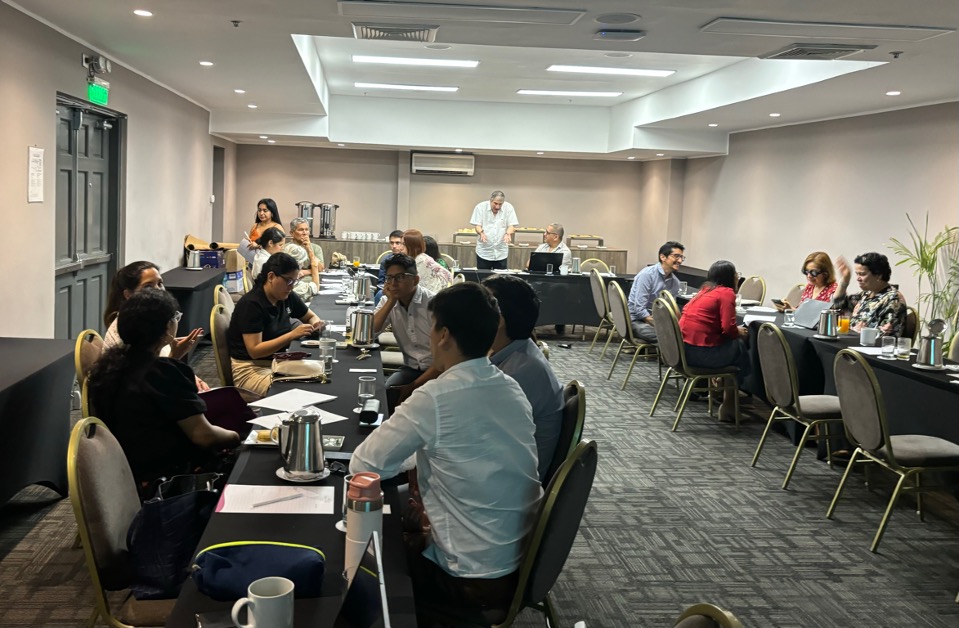
 Envision’s ability to capture the interlocking benefits and trade-offs of infrastructure improvement options, clearly and compellingly, is one of its key strengths. By setting a common language and metrics, the framework is valuable in stakeholder decision-making, as practical experience—and now research—is demonstrating.
Envision’s ability to capture the interlocking benefits and trade-offs of infrastructure improvement options, clearly and compellingly, is one of its key strengths. By setting a common language and metrics, the framework is valuable in stakeholder decision-making, as practical experience—and now research—is demonstrating.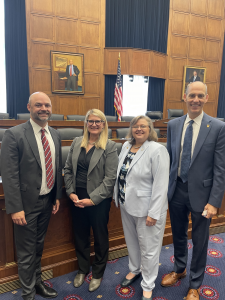
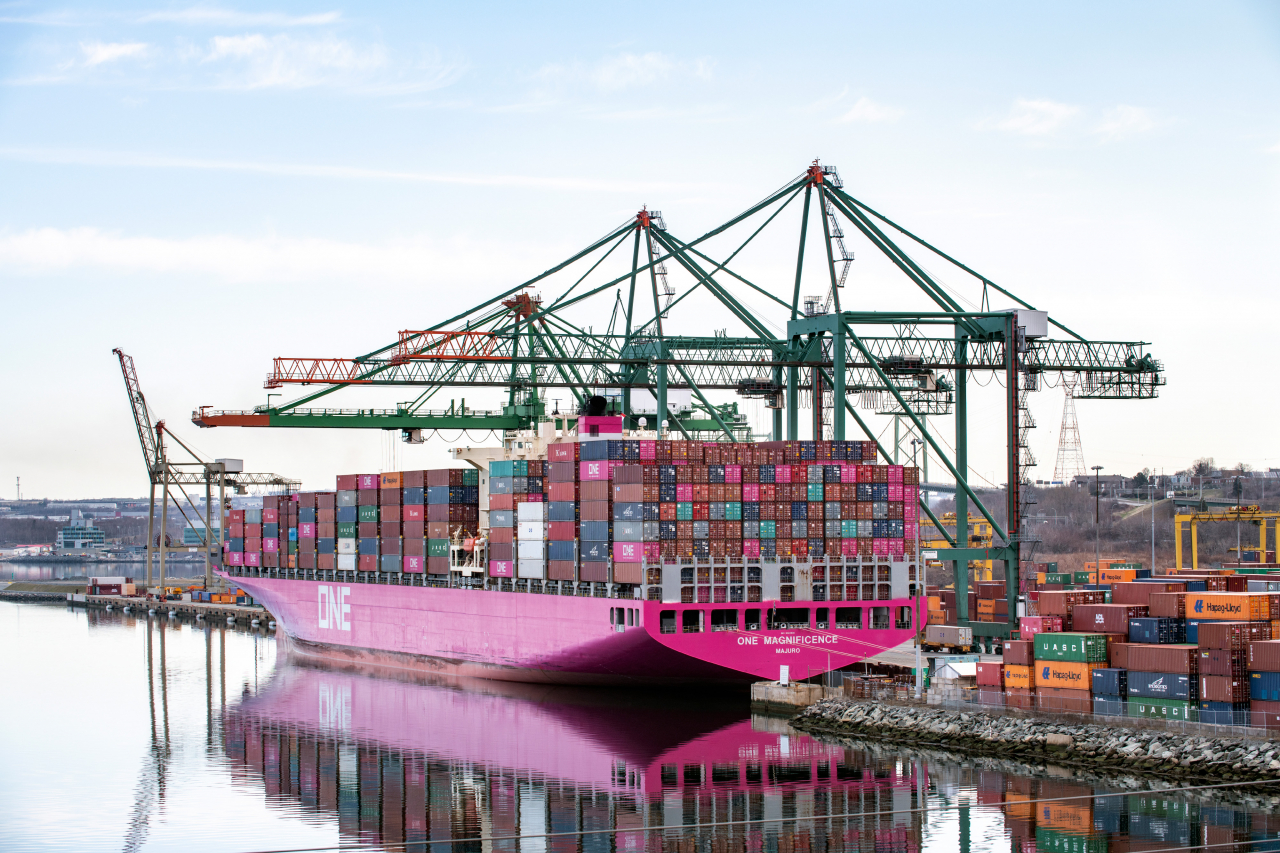
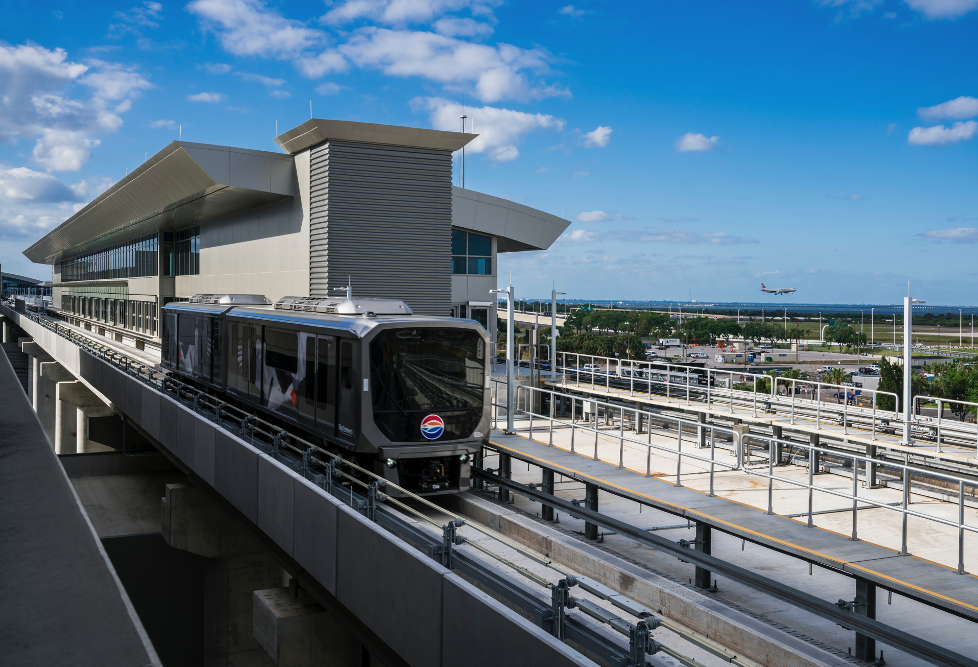
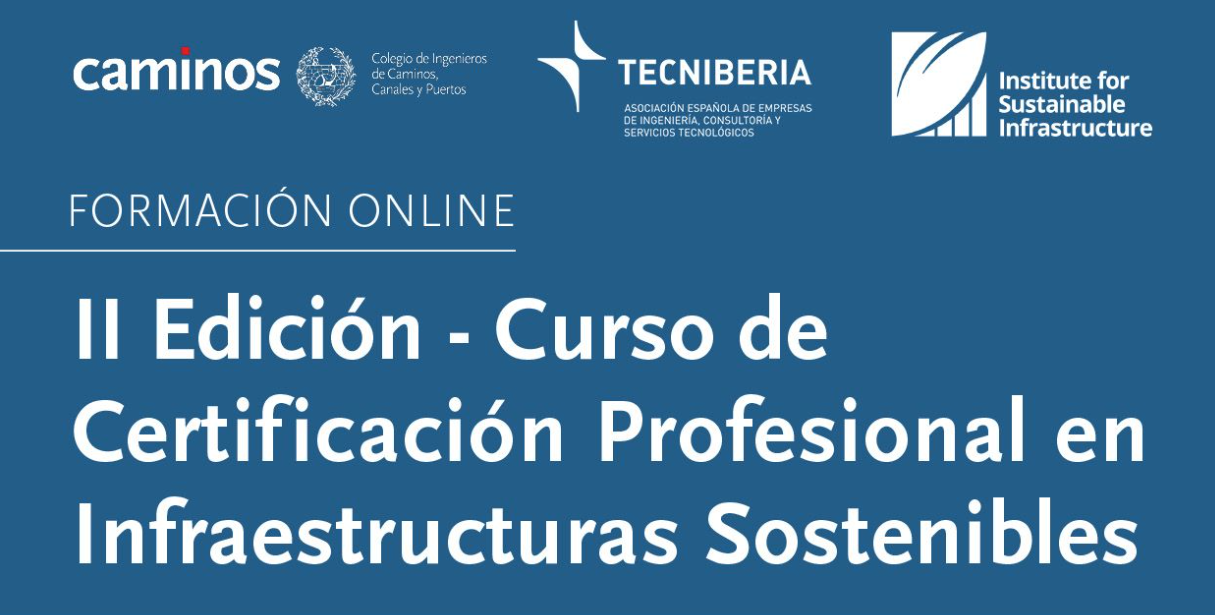 We are excited to announce the return of the Curso de Certificación Professional en Infraestructuras Sostenibles for Spanish-speaking members of ISI’s community. Following the first edition of this course that sold out earlier this year, the Fall 2023 offering is now open for registration, providing an opportunity for infrastructure professionals or anyone working in sustainability to earn their ENV SP credential in Spanish!
We are excited to announce the return of the Curso de Certificación Professional en Infraestructuras Sostenibles for Spanish-speaking members of ISI’s community. Following the first edition of this course that sold out earlier this year, the Fall 2023 offering is now open for registration, providing an opportunity for infrastructure professionals or anyone working in sustainability to earn their ENV SP credential in Spanish!

